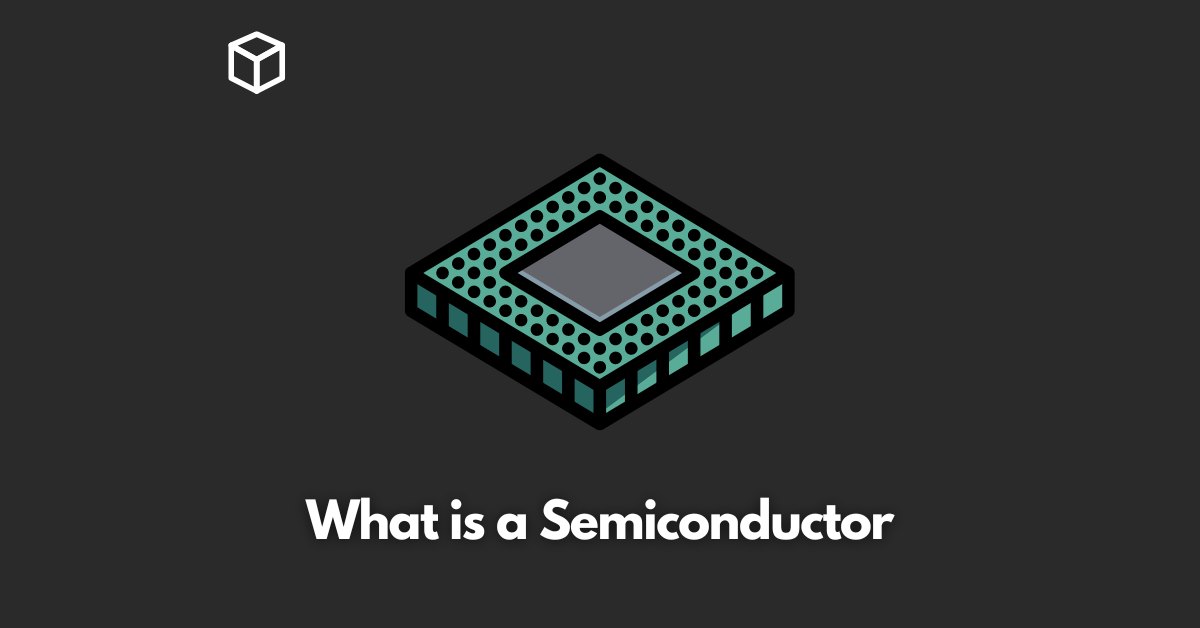Semiconductors are materials that possess electrical conductivity that is between that of a conductor and an insulator.
They have become an integral part of modern technology, powering a wide range of electronic devices that we use in our daily lives.
From smartphones and laptops to solar panels and electric cars, semiconductors are the driving force behind these technologies.
In this article, we will explore the basics of semiconductors, their applications, and the latest advancements in semiconductor technology.
The Basics of Semiconductors
Semiconductors are made of elements such as silicon and germanium, which are known for their ability to conduct electricity under certain conditions.
When a small amount of impurities, known as dopants, are added to the semiconductor material, it becomes capable of conducting electricity.
These impurities are called p-type and n-type dopants, depending on their electrical charge.
When p-type and n-type semiconductors are brought into contact, they form a p-n junction, which is the foundation of many electronic devices.
Semiconductors are used in a wide range of electronic devices, including transistors, diodes, and integrated circuits.
Transistors are electronic devices that can amplify or switch electronic signals, while diodes are used to convert alternating current (AC) to direct current (DC).
Integrated circuits are tiny electronic devices that are made up of multiple transistors and other components, and they are used in a wide range of electronic devices.
Semiconductor Applications
Semiconductors have a wide range of applications in modern technology.
They are used in electronics to power devices such as smartphones, laptops, and televisions.
They are also used in renewable energy to power solar cells, which convert sunlight into electricity.
In the medical field, semiconductors are used in diagnostic imaging devices such as X-ray machines and CT scanners.
Semiconductors are also used in the transportation industry to power electric vehicles.
Advancements in Semiconductor Technology
Recent advancements in semiconductor technology have led to the development of new technologies such as quantum computing and 5G networks.
Quantum computing uses the principles of quantum mechanics to perform calculations that are not possible with traditional computers.
5G networks are the next generation of mobile networks, providing faster speeds and lower latency than previous generations of mobile networks.
These advancements have the potential to revolutionize various industries, such as healthcare, transportation, and finance.
Conclusion
In conclusion, semiconductors are materials that possess electrical conductivity that is between that of a conductor and an insulator.
They are used in a wide range of electronic devices that we use in our daily lives.
Advancements in semiconductor technology are leading to the development of new technologies such as quantum computing and 5G networks, which have the potential to revolutionize various industries.
The future outlook for semiconductor technology is bright, and it will continue to play a vital role in shaping the world we live in.




